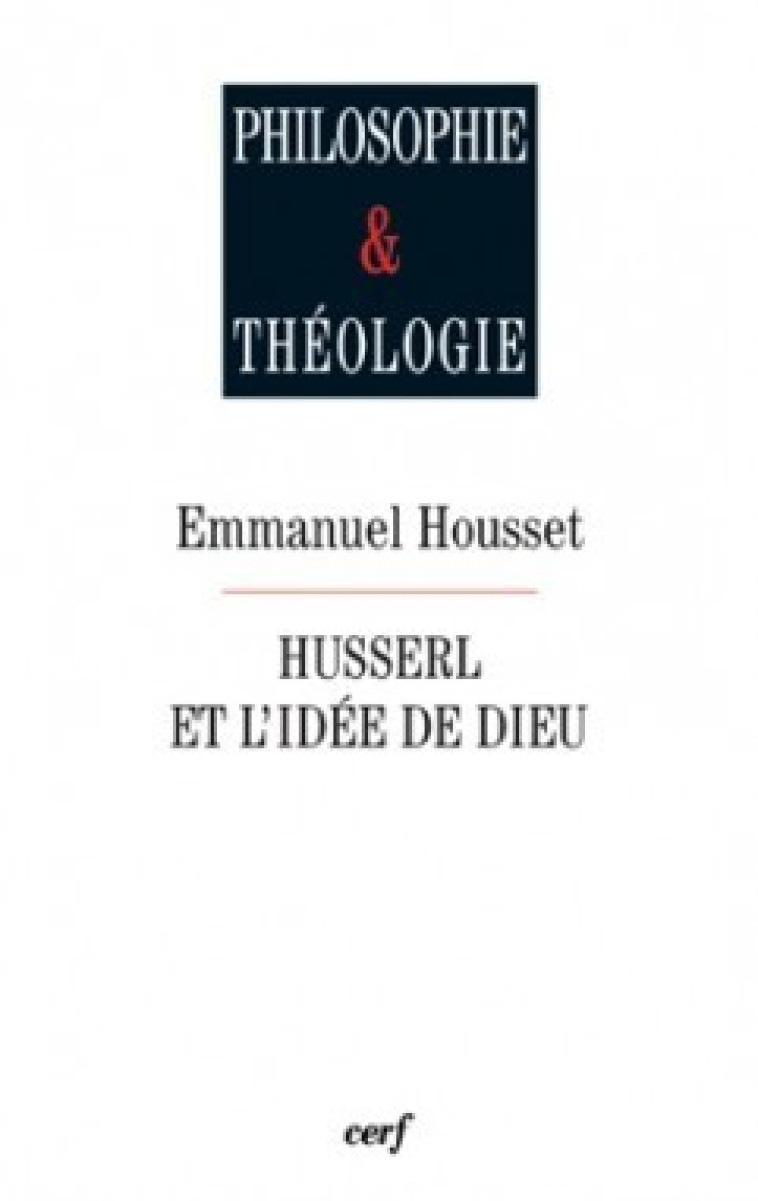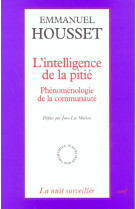--
The question of God in Husserl's philosophy soon became a subject of interest to phenomenological research, but the diversity of his texts necessitated a historical dossier. Obviously, revealing the unity and the continuity of Husserl's analysis about God is operated via a speculative question: what place is there for God in a descriptive philosophy that aims to be methodologically atheist? Starting from the transcendental ‘I', what access is possible to the pure phenomenality of God? Although Husserl describes the transcendence of God as that of a theoretical, ethical and teleological notion, he is not confined by abstract reconstructions of metaphysics he goes back to the originating experience of God. This phenomenological reduction does not require that we cease to believe, but it does make an ethical purification of the religious experience possible and permits the elucidation of its meaning. For this reason, we owe the contemporary project of a non-ontological concept of God to Husserl, who took the first decisive step by freeing all things ‘of themselves' and showing that the transcendence of God cannot be separated from the intentional life in which it is announced. Yet Husserl does not confuse philosophy and theology, and the comprehension of God as evidence of an infinite practical idea leaves room for the possibility of Revelation without attempting to argue in its favour.


